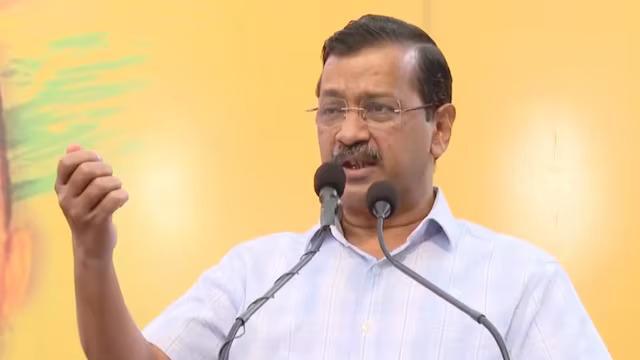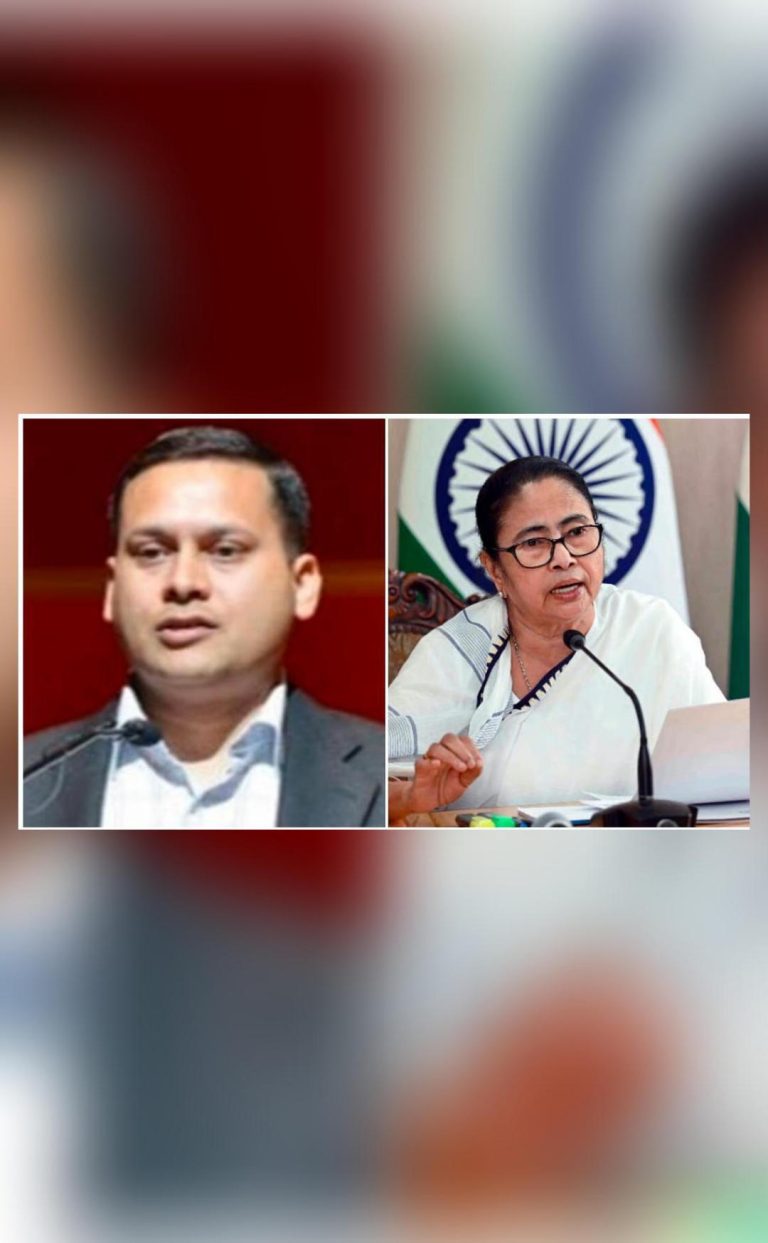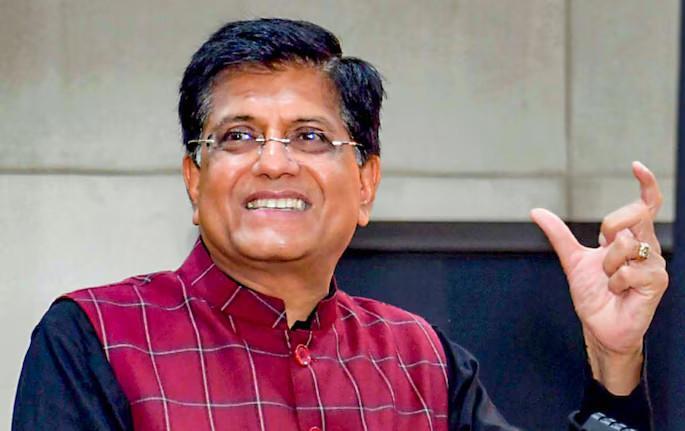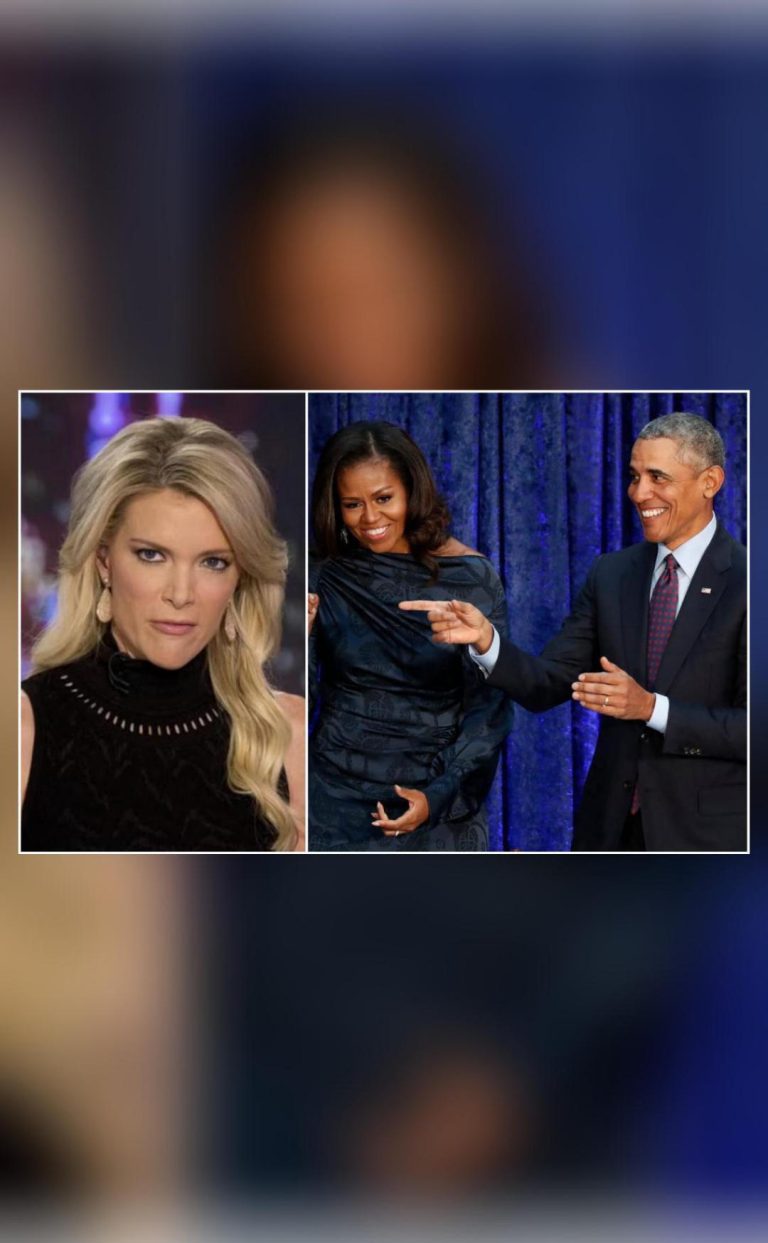
BJP Worse Than Britishers: AAP Chief Arvind Kejriwal
In a scathing attack on the ruling BJP, AAP chief Arvind Kejriwal has made a bold claim, stating that the party is “worse than Britishers”. Kejriwal made this remark while speaking to the media on his recent experience of receiving a show cause notice from the Delhi government for writing a letter to the Lieutenant Governor (LG) from Tihar Jail.
Kejriwal, who is known for his sharp tongue and unwavering commitment to fighting for the rights of the common man, was at his candid best when he drew parallels between the British colonial rule and the present-day BJP government. He recalled the story of freedom fighter Bhagat Singh, who wrote letters from inside the jail, including one that was critical of the British government. Despite this, the British authorities still sent those letters to Singh’s comrades, rather than suppressing them.
“I got a show cause notice for writing a letter to the LG from Tihar Jail,” Kejriwal said, his voice laced with indignation. “I was wondering what crime I had committed. Then I remembered Bhagat Singh, who wrote letters from inside the jail criticizing the British government. The British sent those letters to his comrades. They didn’t suppress them. They knew that those letters would inspire more people to join the freedom movement.”
Kejriwal’s point was clear: the British may have been brutal and oppressive, but at least they had the decency to allow the voices of their opponents to be heard, even if it was through official channels. In contrast, the BJP government, which he accused of being “worse than Britishers”, was trying to silence him and muzzle the voices of those who dare to question their authority.
The show cause notice that Kejriwal received was for a letter he wrote to the LG, VK Saxena, while he was in jail awaiting trial in a defamation case. In the letter, Kejriwal had expressed his concerns about the AAP government’s decision to hike the power tariffs in Delhi, which he claimed would put a huge burden on the common man.
Kejriwal’s letter was a scathing critique of the LG’s decision, which he claimed was taken without consulting the elected government of Delhi. He accused Saxena of being a “puppet” of the Centre and of working to undermine the democratic institutions of the city.
The BJP government, which has been at loggerheads with the AAP government over a host of issues, was quick to respond to Kejriwal’s remarks. Union Minister and senior BJP leader, Gopal Sharma, accused Kejriwal of being “ungrateful” and “disloyal” to the country.
“Kejriwal is saying that the BJP is worse than the Britishers. This is a shameless statement from a person who has been elected to serve the people of Delhi,” Sharma said. “He is trying to create confusion and divide the people of the country. We will not tolerate such statements from him.”
Despite the BJP’s attempt to discredit him, Kejriwal remains defiant and committed to his cause. He has been a thorn in the side of the BJP government since he came to power in Delhi in 2015, and his latest remarks are just the latest in a long string of controversies that have marked his tenure as the chief minister of the city.
Kejriwal’s remarks have also sparked a wider debate about the role of the LG in Delhi, which is a unique case in the country. While the LG is technically the representative of the Centre in the city, Kejriwal has accused him of being a “puppet” of the Centre and of working to undermine the democratic institutions of the city.
The Delhi government has been at loggerheads with the LG over a host of issues, including the appointment of bureaucrats and the allocation of funds. Kejriwal has accused the LG of being arbitrary and of not consulting the elected government of Delhi before taking major decisions.
The controversy has also raised questions about the role of the Centre in the governance of Delhi. While the Centre has a significant role to play in the governance of the city, Kejriwal has accused it of interfering too much in the affairs of the city and of undermining the democratic institutions of Delhi.
In conclusion, Kejriwal’s remarks about the BJP being “worse than Britishers” are a reflection of the deep-seated anger and frustration that many Indians feel towards the ruling party. While the BJP may claim to be the champion of Hindu nationalism and the protector of Indian culture, Kejriwal’s remarks suggest that it is actually a party that is more interested in suppressing dissent and silencing the voices of its opponents.
As the controversy continues to unfold, it remains to be seen how the BJP will respond to Kejriwal’s remarks. Will they try to silence him through legal means, or will they try to engage with him in a constructive dialogue? Only time will tell.






